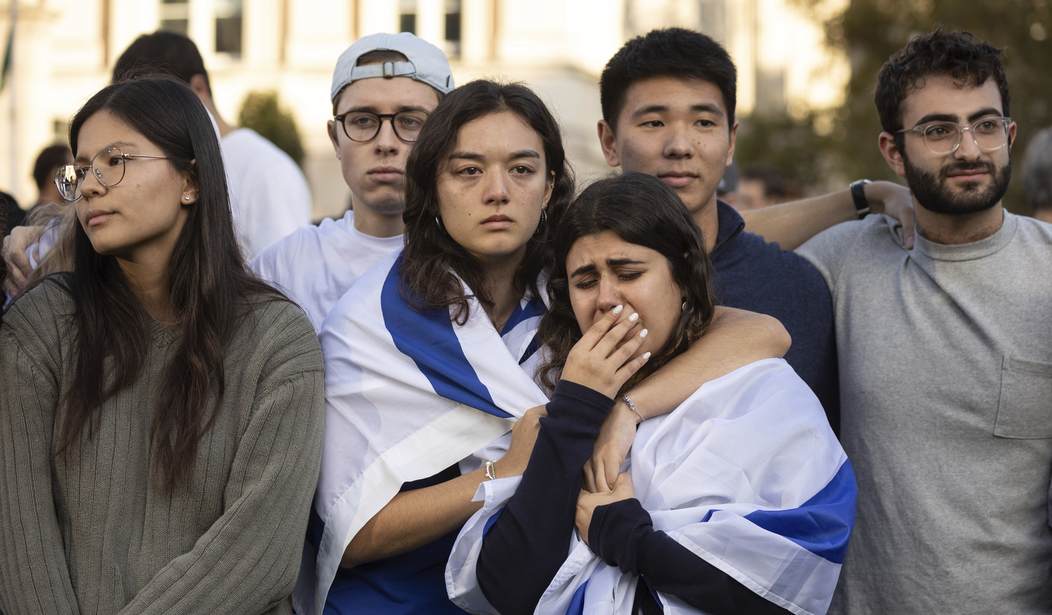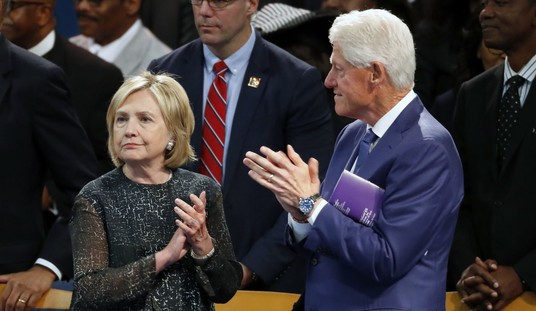In January of 2009, I was entering my last semester at Marshall University, in West Virginia. I was a liberal arts major, focusing on religious studies and sociology. I had taken two years of Arabic and worked with Muslim students on campus, helping them with navigating classes and providing friendship. I honestly hadn’t thought much about Israel outside of religious terms and considered myself politically neutral. That all changed abruptly during what would be known as Operation Cast Lead, or simply, The Gaza War.
One day things seemed normal, and then the next, my Muslim friends surrounded me, asking me to be a Jewish voice for an upcoming political event they were planning. I was one of very few Jewish students on campus. Later that evening I went to my synagogue for our weekly Yiddish choir practice, and I told the group of the event. I didn’t feel knowledgeable enough to speak on behalf of the community on such a controversial topic.
That moment would forever change my perspective as a Jew, but also as a person not wanting to ruffle feathers in the political world. The students were planning to show a documentary titled "Occupation 101." There would be a panel discussion afterward. As reported by our local newspaper, The Herald-Dispatch, in March 2009 [1]:
"Occupation 101," a documentary that ponders the question of whether peace in the Middle East is possible, looks at the history of the conflict from a Palestinian perspective. That has some in the Jewish community asking what the purpose of the showing really is.
Within days, Jewish leaders were reaching out to the college demanding to know why such a blatantly antisemitic film was being shown, and Muslim and liberal students protested, insisting they were being silenced. I found myself caught in the middle. My Muslim friends challenged me to either support them or support the killing of babies, the murder of women and children, and the genocide of a people. My Jewish community needed me to be a student representative in order to engage with the administration.
A few days later, on March 31st, 2009, the paper reported [2]:
A second film, "The Case for Israel: Democracy's Outpost," was added in response to negative feedback from the Jewish community about a film -- brought to the forefront by a student -- being sponsored by the College of Liberal Arts.
I was that student. I found myself standing in the Dean’s office as my previous Muslim friends shouted me down, accusing me of silencing them and making them feel unsafe.
Protests on campus broke out, and wearing my yarmulke on campus made me a target for abrupt political challenges, accusations, and extreme hostility. Reported the day after the event on April 3rd, 2009 [3]:
Before the film, pro-Israeli and pro-Palestinian individuals handed out literature and participated in spontaneous and lively debate. Several of the Israeli supporters handed out literature disputing the facts of the film.
That wasn’t quite how I remember it. The "spontaneous and lively debate" was really pro-Palestinian students surrounding the table I was standing behind with two older Jewish women, screaming at us, pushing us against the brick wall with the table between us, and tossing all of our literature onto the ground. They outnumbered us heavily, with around 120 people in attendance; our side only had a dozen or so people.
No one from the Jewish community had been asked to participate. The professors all supported the film as factual, with one professor noting, “Mills, a Middle Eastern History specialist, said he agreed with the history presented in the film.” As one of my professors, I’d hoped he would be a voice of reason.
When the Associate Dean of the College of Liberal Arts opened the event cautioning the audience that a "suicide bomber" could be justified if they felt they had no other way of fighting oppression, my heart sank. An hour later, the room was overwhelmed with hysterical shouting, screaming, sobbing, and accusations from the much larger pro-Palestinian crowd aimed at our very small group. The doors were blocked, the courtyard overflowed with activists, and for the first time, I was afraid as a Jewish person.
"Calmer heads prevail at showing of second Middle Eastern film," the paper reported on April 8th, 2009, when our more neutral film was shown, “but there were no pamphlets or arguments among the nearly 100 audience members for 'The Case for Israel: Democracy's Outpost.'" [4] The article continued, “Rabbi David Wucher of B'nai Sholom Congregation said seeing both films allowed the audience to understand how each party feels about what has transpired in the past century.”
But this time, only a handful of leftwing and Muslim community members were in attendance; no students were there. The 100 or so people were made up of Christian supporters who learned of the first viewing from the paper. My rabbi insisted, "It certainly can't hurt to try to appreciate both points of view. You need to hear from both sides, but don't take any film first-hand. Study it for yourself." But the pro-Palestinian side wasn’t interested.
I and the two other Jewish students on campus went to AIPAC, the American Israel Public Affairs Committee, that Spring. A year later, I helped organize an Israel Independence Day celebration that would go on from 2011 to 2013, featuring Jewish and Christian leaders celebrating Israel together. The best response to visceral hatred is to form a community of peace and joy.
I will never forget that moment, though. I was lucky that I had a community, even a small one, to support me. Not every Jewish student on campuses today, facing antisemitic hate far more amplified than what I witnessed, has that right now. On a liberal campus there is nowhere to go, no one to turn to. The adults in charge mostly support the pro-Palestinian side, and they frequently look the other way when Jewish students are targeted, harassed, or even assaulted.
The most violent and virulent student activists are praised by Democratic leaders and glorified by the media. As a Jewish student, you find yourself on your own. Those brave enough to stand up to the mob are often doing so completely on their own. This is not a new conflict. The rhetoric, antisemitic hatred, and anti-Israel lies are the same. But like my community did in 2009 and the years that followed, sharing what is great about Israel, building Jewish and Christian unity, and challenging the lies as loudly as possible is the best path forward.
[1] Rosenberger, B. (2009, March 25). MU showing controversial Middle East film. The Herald-Dispatch, 3.
[2] University adds second Middle East film to offer divergent viewpoints. (2009, March 31). The Herald-Dispatch, 5.
[3] Alexandersen, C. (2009, April 3). Mideast film shown in tense atmosphere. The Herald-Dispatch, 2.
[4] Rosenberger, B. (2009, April 8). Calmer heads prevail at showing of second Middle Eastern film. The Herald-Dispatch, 2.














Join the conversation as a VIP Member